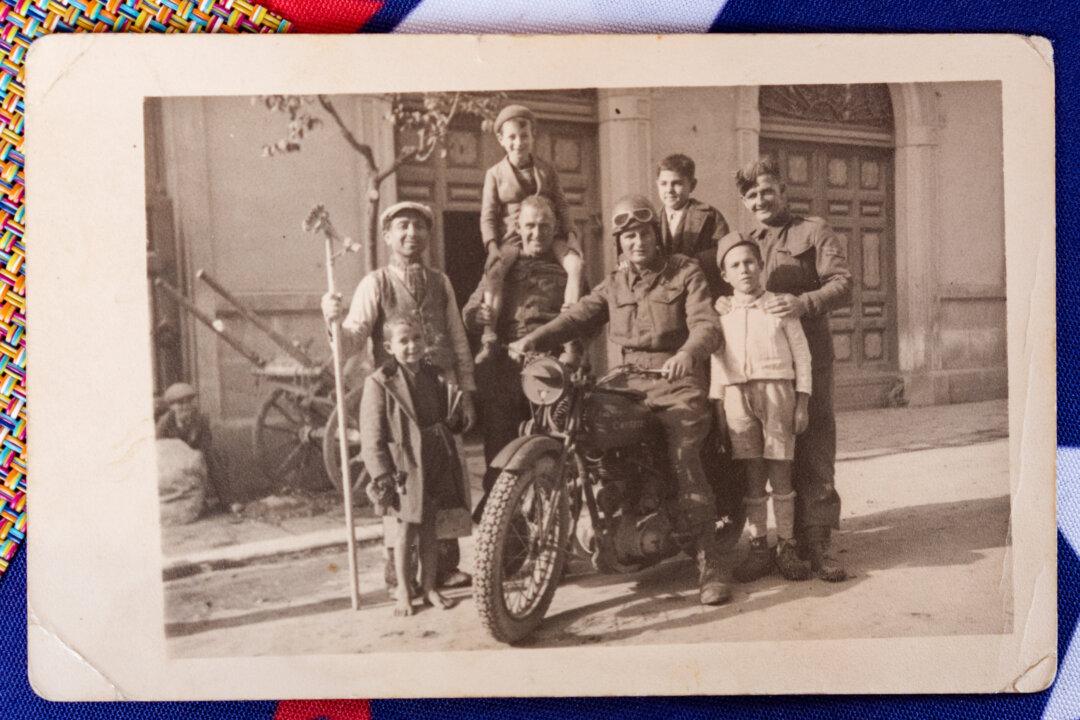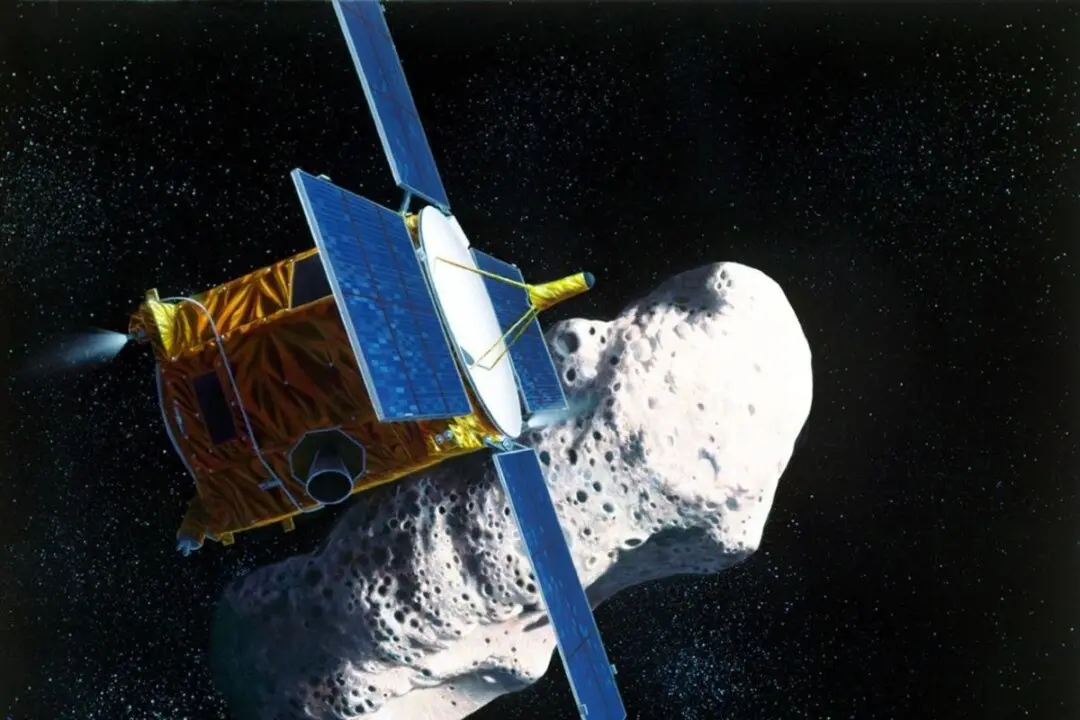Joseph Moraglia was born in Brooklyn on July 4, 1931. He was the youngest of nine children born to Domenico and Rosa Moraglia. Fittingly for being born on the Fourth of July, he was the only child of the Italian family born in the United States.
Joseph turned 91 this year. He’s the poster child for the American dream. He married his sweetheart, Loretta, in 1957. They have four children and nine grandchildren. He was a successful entrepreneur multiple times over. He was in the Naval Reserve from August 1949 to November 1950, until he enlisted in the Marines for three years to fight in Korea. He fought from May 6, 1952, to July 2, 1953, and after only a month in action, he was promoted to sergeant. His stories of combat against the North Koreans and Chinese along the 38th Parallel are harrowing. He led a mortar unit, was nearly killed by a mortar blast, and carried one of his wounded men to safety under heavy fire. He was an extra in “Retreat Hell,” a Korean War film about a marine battalion facing incredible odds. He moved to Florida, where he purchased his parents a home after they returned from Italy. Every year, he goes to the family home in Palo del Colle, a small town 10 miles west of the port city of Bari, Italy.






